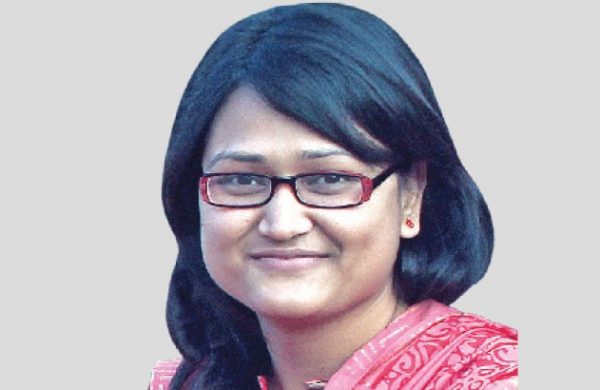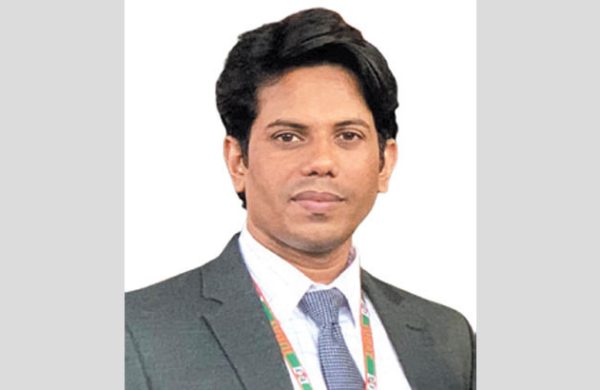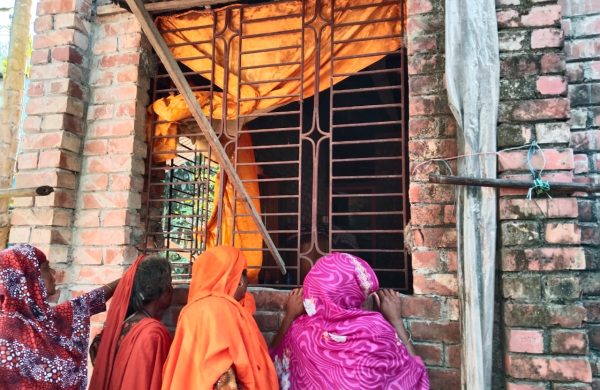Privacy vs Security: Balancing Citizen Rights in the Era of Digital Surveillance
- Update Time : Sunday, July 28, 2024

—Kaniz Kakon—
In recent weeks, Bangladesh police urgently called for public help. They asked citizens to share any information, photos, or videos of troublemakers who allegedly used protesting students as shields for violent acts. This plea, aimed at catching those responsible for chaos during the quota reform protests, opens up an extensive conversation about the balance between privacy and security. Let’s dive into the human rights implications, the laws in place, and what this means for people in Bangladesh.
To understand the current situation, let’s take a step back. The quota reform protests in Bangladesh have been a significant issue. Students and young activists take to the streets calling for changes to what they believe is an unfair government job quota system. While the protests initially began peacefully, they eventually escalated into extreme violence, with incidents of arson and vandalism making headlines and resulting in many casualties. Now, the police seek the public’s assistance, hoping shared footage can help identify those responsible. But this is not the first time authorities have sought public help during unrest. Even it is a tactic seen globally. Although it can aid in apprehending offenders, it also raises considerable privacy problems. As, reflecting the fear of a surveillance state, George Orwell warned in his dystopian novel ‘1984’ – “Big Brother is watching you”.
Imagine walking down the street, knowing every move you make could be recorded. This is not just about catching criminals; it is about the slippery slope towards a surveillance state. When the police ask for public videos and photos, they risk crossing the line from necessary security to invasive surveillance. In his ‘Declaration of the Independence of Cyberspace’, John Perry Barlow said, “You have no sovereignty where we gather,” emphasising the need to protect personal freedom in the digital realm. In general, people worry their data might be misused. What if a peaceful protester gets wrongly accused? Or worse, what if personal footage leaks and compromises someone’s safety? The fear of being watched can make people hesitate to voice their opinions or join demonstrations, chilling free speech and dampening democracy.
Bangladesh’s surveillance and privacy laws need help to keep pace with the digital era. The Digital Security Act of 2018 was designed to combat cybercrime, but its sweeping provisions have raised concerns about potential overreach and privacy violations. Critics describe it as a double-edged sword: while it offers protection, it also risks enabling intrusive surveillance. International human rights standards, such as those set by the United Nations, emphasise that surveillance should be necessary, proportionate and subject to oversight. These principles seek to balance security with individual freedoms. Bangladesh’s laws must align with these global standards to prevent misuse and protect human rights. Freedom of expression and the right to protest are foundational to democracy. Excessive surveillance can deter people from speaking out or participating in protests, leading to a less dynamic and engaged society. Additionally, without stringent checks, surveillance may be weaponised against political opponents, activists or marginalised groups. Ensuring transparency and accountability in surveillance practices is essential to safeguard against these risks and uphold democratic values.
Public cooperation is vital for safety but must be based on trust. Citizens need to know their identities will be protected if they provide information. The police have promised to conceal informants’ identities, which is a step in the right direction. But how effective will this be in practice? There must be robust systems to protect informants and their data. Think of it like building a fortress around their identities, ensuring no leaks or breaches. Only then will people feel safe to come forward with valuable information. Technology in policing has both positive and negative consequences. Advanced tools like facial recognition can help catch criminals, but they also raise ethical questions. Who watches the watchers? How do we ensure that this technology is used responsibly?
The lyrics from Bob Dylan’s famous song, “The times they are a-changin’”, feel spot-on as technology evolves and we face new ethical questions. We can learn from other countries’ experiences with surveillance. The UK’s extensive CCTV use has been praised for crime prevention but criticised for privacy invasion, highlighting the need for clear regulations. In the US, police body cameras boost transparency but raise concerns about footage use and storage. These examples show why we need a balanced approach to surveillance that respects people’s rights. While keeping communities safe is essential, Bangladesh’s police must not compromise on human rights. Updating laws to align with international standards, protecting personal data and building trust between law enforcement bodies and the general people is crucial. Transparency, accountability and ethics should drive surveillance practices. By focusing on democracy, privacy and human rights, Bangladesh can create a secure yet free society where people feel safe and free to express themselves.
_____________________________________
The writer is an Assistant Professor in the Department of Philosophy at IUBAT and currently on study leave pursuing a Masters in Human Rights and Multiculturalism at University of South Eastern Norway



















